|
|
|
|
I find an irritating national tendency of Canadians is our smugness when it comes to the United States. We too often believe that the terrible events we’re witnessing south of the border could never happen here — even though mass shootings, white supremacy and systemic racism, to name just a few societal scourges, can and do infect Canada too.
Today in The Conversation Canada, Robert Danisch of the University of Waterloo and William Keith of the University of Wisconsin-Milwaukee warn us not to be complacent about the mob violence we saw at the U.S. Capitol last week either. While many of us watched in shock and disbelief as thousands of Trump-supporting thugs stormed the Capitol at the behest of the outgoing U.S. president, the conditions that helped foment the thuggery are present in Canada too. They offer three ways to look out for it and prevent it.
Also today:
Regards,
|
Lee-Anne Goodman
Politics, Business + Economics Editor
|

|
|
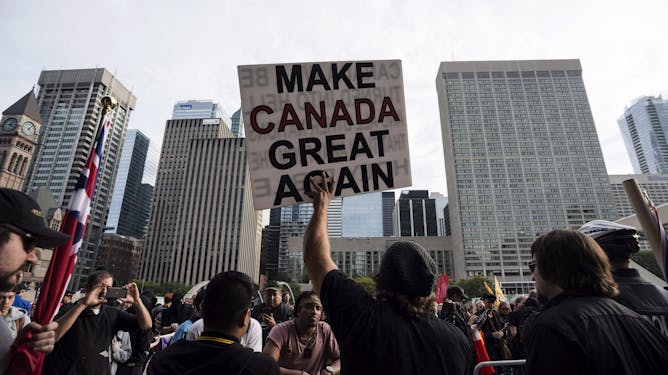
Far-right and ultra-nationalist groups, including the Northern Guard, Proud Boys and individuals wearing Soldiers of Odin patches, gathered to protest the government’s lawsuit settlement with Canadian torture victim Omar Khadr in Toronto in October 2017.
THE CANADIAN PRESS/Christopher Katsarov
Robert Danisch, University of Waterloo; William Keith, University of Wisconsin-Milwaukee
As the raid on the U.S. Capitol has shown, some kinds of rhetoric can set fire to the world — and it exists in Canada, too. Here's how to tamp it down and focus on positive forms of rhetoric.
|
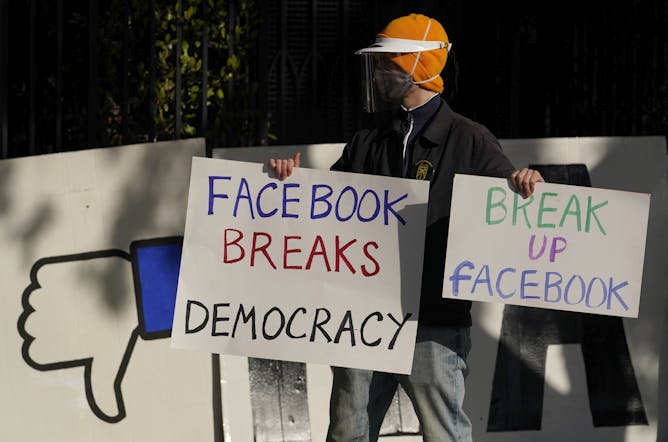
In November 2020 photo, a demonstrator joins others outside of the home of Facebook CEO Mark Zuckerberg to protest what they say is Facebook spreading disinformation in San Francisco.
(AP Photo/Jeff Chiu)
Jeremy Shtern, Ryerson University; Ope Akanbi, Ryerson University; Steph Hill, Ryerson University
American antitrust proceedings against Facebook represent a dramatic pivot, one that aligns the U.S. government with the global movement seeking greater public oversight of Big Tech.
|
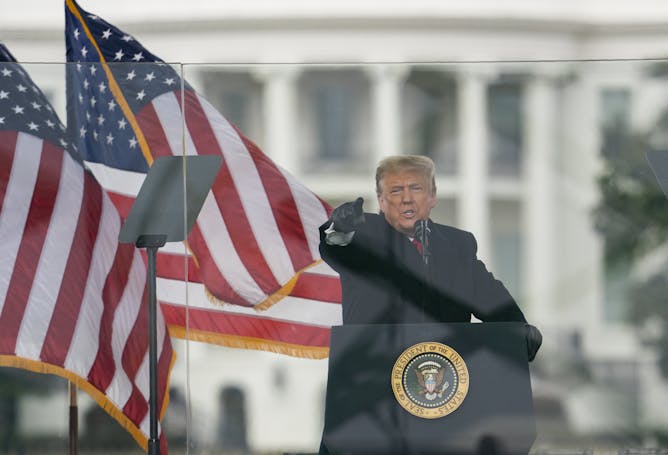
President Donald Trump speaking at a rally protesting the electoral college certification of Joe Biden as President, on Jan. 6, 2021, in Washington.
(AP Photo/Evan Vucci)
Peter Ives, University of Winnipeg
Freedom of speech emerged as a concept after the invention of the printing press, and that's worth revisiting in the context of social media and Trump's presidency.
|
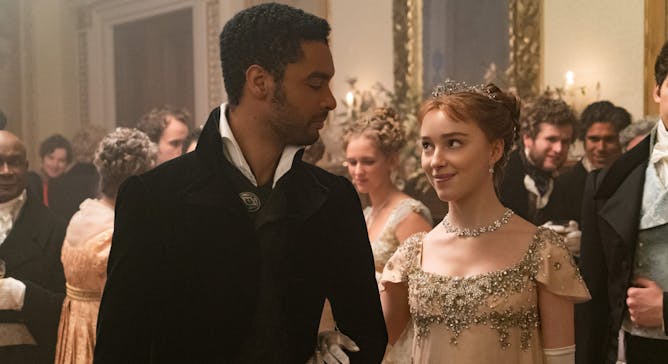
‘Bridgerton’ tells the story of the courtship and marriage of Daphne Bridgerton and Simon Basset, Duke of Hastings.
( Liam Daniel/Netflix)
Robert Morrison, Queen's University, Ontario
'Bridgerton' alludes to and obscures social, racial and political tensions in England’s Regency era, the extraordinary decade that marks the dawn of the modern world.
|
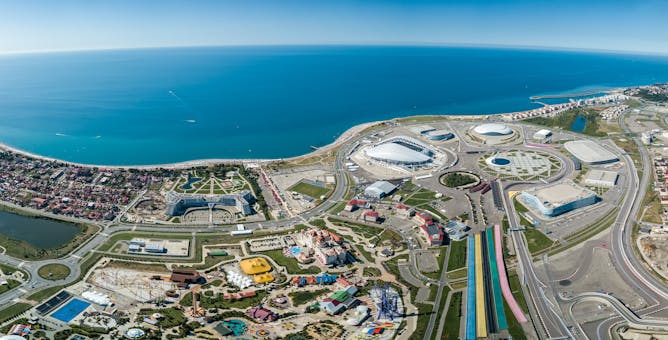
A panoramic shot of the Olympic Park in Sochi, Russia, which was the venue for the 2014 Olympics and the 2018 FIFA World Cup.
(Shutterstock)
Kevin Wilson, University of Waterloo
Some sports facilities are both a point of civic pride and a financial burden on taxpayers. The COVID-19 pandemic will further impact the way these facilities are constructed and managed.
|
La Conversation Canada
|

La science et la technologie, telles qu’elles sont enseignées à l’école aujourd’hui sont à l’image du passé; elles sont présentées comme le monopole et l’autorité qu’elles représentaient jadis.
Shutterstock
Patrice Potvin, Université du Québec à Montréal (UQAM)
L’école doit cesser d’enseigner les connaissances scientifiques comme des vérités irréfutables, mais plutôt comme des propositions, qui sont éprouvées sur une base continue.
|
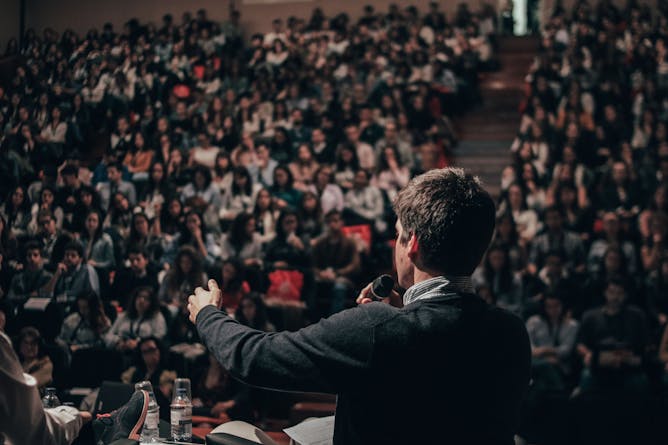
Dangers pour la liberté académique : nombreux sont ceux qui considèrent que la critique des politiques de l'État israélien est assimilée à de l'antisémitisme.
(Miguel Henriques/Unsplash)
Jasmin Zine, Wilfrid Laurier University; Greg Bird, Wilfrid Laurier University; Sara Matthews, Wilfrid Laurier University
Les chercheurs qui se penchent sur la politique d’Israël sont confrontés à une bataille croissante et difficile pour la liberté académique.
|
Environment + Energy
|
-
Ian D. Rotherham, Sheffield Hallam University
The UK's marshes, bogs and fens provided the bare necessities of daily life for many centuries.
|
|
Health
|
-
Anthony Idowu Ajayi, African Population and Health Research Center
Local and national governments in west and central African countries must prioritize investment in providing access to HIV testing for all pregnant women.
|
|
Science + Technology
|
-
Deborah Wells, Queen's University Belfast
From long walks to dangerous foods, you could be damaging the health of your puppy without realizing.
|
|
| |
| |
| |
| |
| |
| |
|
|
|
|
|
|
|